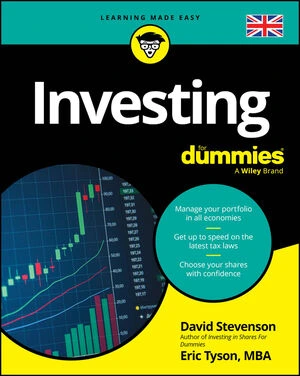In 1992, Charles Schwab & Company negotiated to be paid an ongoing fee to service and handle customer accounts by some mutual fund companies. Today, through Schwab and other discount brokers who replicated this service, you can purchase hundreds of funds without paying any transaction fees (that is, you pay the same cost as if you’d bought the funds through the mutual fund company itself). These are called No Transaction Fee (NTF) funds.
On the surface, this idea certainly sounds like a great deal for you — the mutual fund investor wanting to buy funds from various companies through a discount brokerage account. You get access to many funds and one account statement without paying transaction fees.
The no-transaction fee fund is a case of something sounding much better than it really is. Although some discount brokers say or imply that NTF funds are free, they’re hardly free. Discount brokers are able to waive the transaction costs to you only because the participating fund companies have agreed to foot the bill. In a typical arrangement, the participating fund company shares a portion of its operating expense ratio with the discount broker handling the account. Annual operating expenses are drawn from the shareholders’ investment dollars. So in the end, you’re still the one paying the transaction costs.
As a group, NTF funds are inferior to the best no-load funds that you pay the discounters a transaction fee to purchase because NTF funds tend to- Have higher operating expenses than non-NTF funds
- Be offered by smaller, less experienced fund companies who may be struggling to compete in the saturated mutual fund market
In their rush to sign up more NTF funds, some discounters have ignored the quality of the NTF funds they offer. Some financial publications encourage and effectively endorse this lack of quality control by giving higher ratings (in articles purporting to review and rate various discount brokers) to those discounters offering more “free” funds to customers. As with a restaurant meal, more isn’t always better — quality counts as well!
Whenever you make a mutual fund investment decision through a discount broker, try not to be influenced by the prospect, or lack thereof, of a transaction fee. In your efforts to avoid paying a small transaction fee today, you can end up buying a fund with high ongoing fees and subpar performance. If you’re so concerned about paying additional fees, deal directly with fund companies and bypass the discount brokers and their transaction fees.






